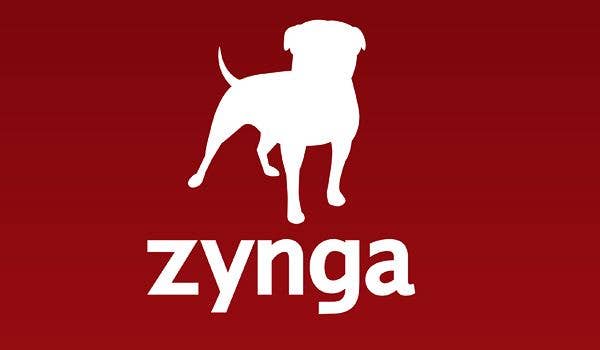Zynga v. EA: Legal analysis
Mark Methenitis pulls apart the claims and counter claims in the upcoming social showdown
Zynga's legal response to Electronic Arts took the form of three filings on Friday. GamesIndustry International spoke with attorney Mark Methenitis, author of the Law of the Game blog, about the filings and what they mean.
Zynga's first filing is a motion to strike certain parts of EA's claim. Methenitis' analysis: "Part 1 (the Motion to Strike) is primarily a legal tactic. It amounts to saying 'Hey! There are misleading things in the original document, and they need to be taken out of the record because leaving them in would be unfair.' It's been a while since I looked at the original, but picking up comments from the online media would potentially have that effect. Moreover, the one time where they note that a reference to Yo Ville was left out is slightly more malicious looking."
It's not unexpected that a company would go a bit too far in their filings with language and assertions, especially when the audience is not only the court. Both EA and Zynga are fully aware that the media will be picking up on these filings, so they are written with that understanding in mind. The judge will be deciding what language, if any, should be taken out of EA's suit in response to Zynga's complaint.
"While on the one hand it seems pretty amazing that a company like EA would pursue a course of action like that, it also seems pretty improbable that Zynga would come up with an idea like that out of thin air"
Mark Methenitis
The second filing is Zynga's response to the charges in EA's suit. Methenitis analyzes it: "Part 2 (the Answer) is also about what could be expected. They deny everything, and make their basic case that no one owns the 'life simulation' genre (which is true, since a genre can't be covered by a copyright and no one I'm aware of has a patent to the idea). They further argue that the elements of similarity are essentially necessary components to fitting a game in that genre. They also argue that many of the items EA is arguing about The Ville copying might actually trace back to CityVille or YoVille before that. This is the argument you would expect, and is really the crux of the case: what is protected by EA's copyright in Sims Social."
The final filing by Zynga brings a new issue into play, where Zynga is accusing EA of breach of contract and violation of California business codes in dealing with employees. Methenitis' take: "Part 3 (the Counterclaim) is the interesting one. Zynga is making some pretty serious claims about EA breaching a settlement agreement and trying to prevent Zynga from hiring EA employees and using 'baseless' litigation to try to push this agenda. While on the one hand it seems pretty amazing that a company like EA would pursue a course of action like that, it also seems pretty improbable that Zynga would come up with an idea like that out of thin air. The truth may very well lie somewhere in between, and I do wonder if EA will offer much more than a general denial in their answer to the counterclaim. Specific denials may shed more light on the other side of the story."
The specifics of EA's agreements with Zynga have been redacted from the filings, so we don't know exactly what those agreements contained. Zynga's filing paints an unflattering picture of EA CEO John Riccitiello, which EA will no doubt try to counter. So far in this exchange, both companies have come out looking somewhat the worse for wear. As the continuing legal battle unfolds, PR damage will continue to accumulate to both sides. It's possible that if there's a clear legal victory at the end for one company, they may be able to erase some of that damage, but likely not all. If there's a settlement somewhere along the way, as is often the case in these disputes, then both companies will have endured legal bills as well as some PR damage.
It's not a great situation for anybody, which is why companies try to avoid litigation whenever possible. Sometimes, though, the offense is considered so egregious, or the CEO gets so angry, that litigation seems like the only way forward, and then the target has to respond as best they can. Ultimately the public will probably never know just what occurred or how much either side is at fault. In the meantime, though, we will see some interesting insight into the inner workings of the business.

